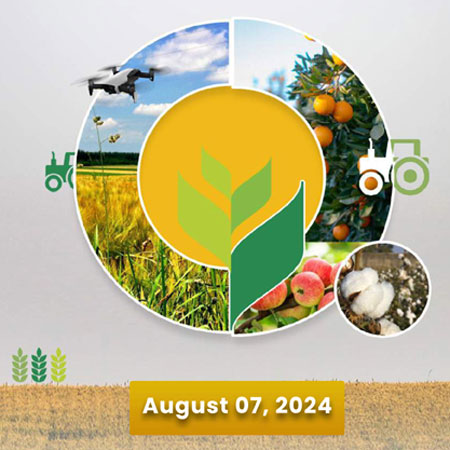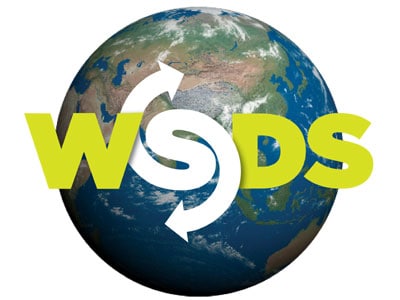
The Good Rice Alliance (TGRA), previously known as the Sustainable Rice Carbon Programme, is driving efforts to promote sustainable rice farming in India. The programme has enrolled over 10,000 farmers and covers more than 25,000 hectares of farmland, aiming to cut over 100,000 tons of CO2 equivalent (tCO2e) emissions annually, primarily from methane reduction in rice cultivation.
TGRA plans to expand further by adding 8,500 hectares and improving the scientific monitoring of greenhouse gas (GHG) emissions from rice fields. They are also working to strengthen their farmer support systems. The program, which spans major rice-producing states like Andhra Pradesh, Bihar, Haryana, Karnataka, Odisha, Tamil Nadu, Telangana, Uttar Pradesh, and West Bengal, will scale up based on the insights gained from its first two years of operation.
Bayer, a leader in agriculture and healthcare, collaborates on TGRA with GenZero, Shell Energy India Private Limited, and Mitsubishi Corporation. Together, they aim to reduce GHG emissions through sustainable farming methods, while also reducing cultivation costs for participating farmers. A study was conducted in the first year to measure GHG emissions across six locations in India.
As demand for carbon offsets grows—potentially reaching between 330 million and 1.5 billion tCO2e by 2030—the carbon offset platform industry in India is set for rapid growth, with an expected market value of $ 68.5 million by 2033.
Simon Wiebusch, President of Bayer South Asia, emphasized Bayer’s goal of boosting agricultural productivity with fewer resources while restoring ecological balance. He noted that TGRA is focused on improving rice cultivation through regenerative farming practices, helping smallholder farmers experience economic and environmental benefits.
TGRA employs a comprehensive Quality Management System (QMS) that includes farmer training and a Monitoring, Reporting, and Verification (MRV) process to ensure emissions reductions are real. Plots are monitored multiple times each month to ensure progress, with audits and independent verification systems in place to guarantee integrity.
Suhas Joshi, head of the India Carbon Initiative at Bayer, highlighted the importance of high-quality, robust carbon offset projects. He noted that the alliance’s commitment to Total Quality Management (TQM) is critical for achieving real, long-lasting emission reductions.
Given that rice cultivation is responsible for around 11% of global methane emissions, TGRA’s efforts are crucial for mitigating climate change. Rice farms cover about 15% of global agricultural land—over 150 million hectares—and TGRA is working to align its goals with the UN’s Sustainable Development Goals to maximize benefits for both farmers and the environment.











